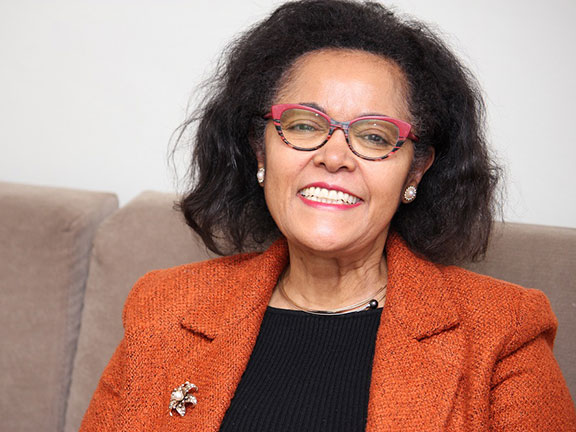
[TICAD at 30] Leveraging the capability of Africa’s youth: Interview with the African Union Development Agency (AUDA-NEPAD) CEO, H.E. Ms. Nardos Bekele-Thomas
The African Union Development Agency (AUDA-NEPAD), the development implementing agency of the African Union, stands as a key partner for TICAD, emphasizing the principle of Africa’s ownership over Africa’s development. AUDA-NEPAD and JICA, which signed a Memorandum of Cooperation in 2014, held an annual consultation conference in the Republic of South Africa last year, where AUDA-NEPAD's headquarters is located. Taking advantage of this opportunity, Mr. Ando Naoki, JICA Senior Vice-President who participated in the conference, interviewed H.E. Ms. Nardos Bekele-Thomas, Chief Executive Officer (CEO) of AUDA-NEPAD, about the work done through TICAD and on empowering and promoting Africa's youth through AUDA-NEPAD’s “Energize Africa” initiative.
![[70 Years of ODA - 3] Years of Cooperation, Past and Future: Interviews with the Indonesian and Turkish Ambassadors to Japan](/english/information/topics/2023/__icsFiles/afieldfile/2024/03/19/ODA3_Ambassadors_1_2.jpg)
[70 Years of ODA - 3] Years of Cooperation, Past and Future: Interviews with the Indonesian and Turkish Ambassadors to Japan
This year, Japan marks the 70th anniversary of its initiation of Official Development Assistance (ODA). Ambassadors from Indonesia and Türkiye, two countries with which we have long-standing friendly relations, were invited for interviews. We asked them about the role played by Japan's ODA and JICA, as well as their expectations for the future.
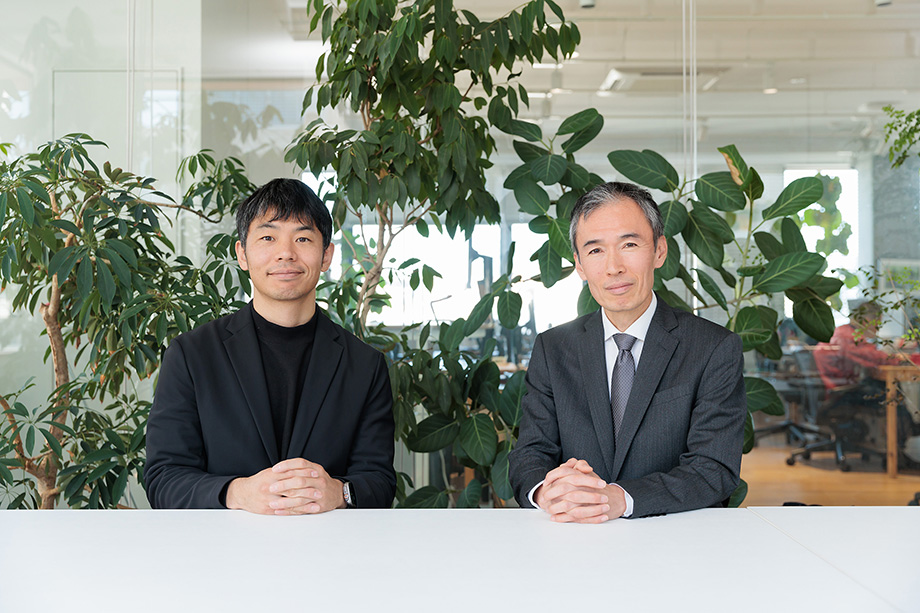
[70 Years of ODA - 2] Solving Social Issues with ODA and Business: The Challenges Gojo & Company, Inc. Faces in Becoming a “Private-Sector World Bank”
Private funds, technology, and innovative ideas are vital in solving the various social issues in developing countries. It is more important than ever that the future of ODA (Official Development Assistance) involves collaboration with private companies. JICA, in charge of administering Japanʼs ODA, is leveraging the technologies and know-how of the private sector through supporting private companies in expanding their businesses to contribute to solving social issues and promoting economic growth in developing countries.
Gojo & Company, Inc. (“Gojo”) is a good example of a social enterprise, now expanding its microfinance business (small-lot loans to low-income classes) and providing financial inclusion in five Asian countries. Founded in 2014, the startup has worked steadily towards the realization of a world in which everyone has access to financial services. It has drawn wide attention because of its developmental impact. In a meeting at Gojo & Company’s headquarters, Shin Taejun, Founder and CEO of the company, and JICA’s Azukizawa Eigo discussed the potential of the business in solving developing countries' social issues, and the prospect of ODA.
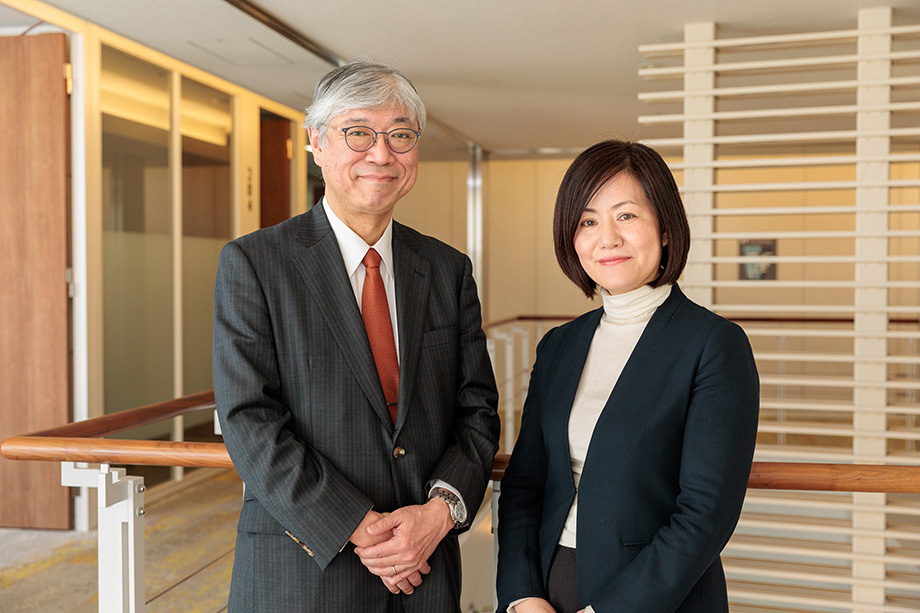
[70 Years of ODA - 1] The Changing Roles of Japan’s ODA and JICA: An Interview with International Political Scientist Nakanishi Hiroshi
This year marks the 70th anniversary of Japan’s Official Development Assistance (ODA) to developing nations. Japan has used its experience and knowledge to support the foundation-building of developing nations and promote the construction of a peaceful and stable international society. The “Development Cooperation Charter,” which serves as the guide for ODA in Japan, was revised last year to correspond with the changing times. JICA executive Sanada Akiko talked to political scientist Nakanishi Hiroshi about how the awareness of development cooperation and JICA’s role have changed.
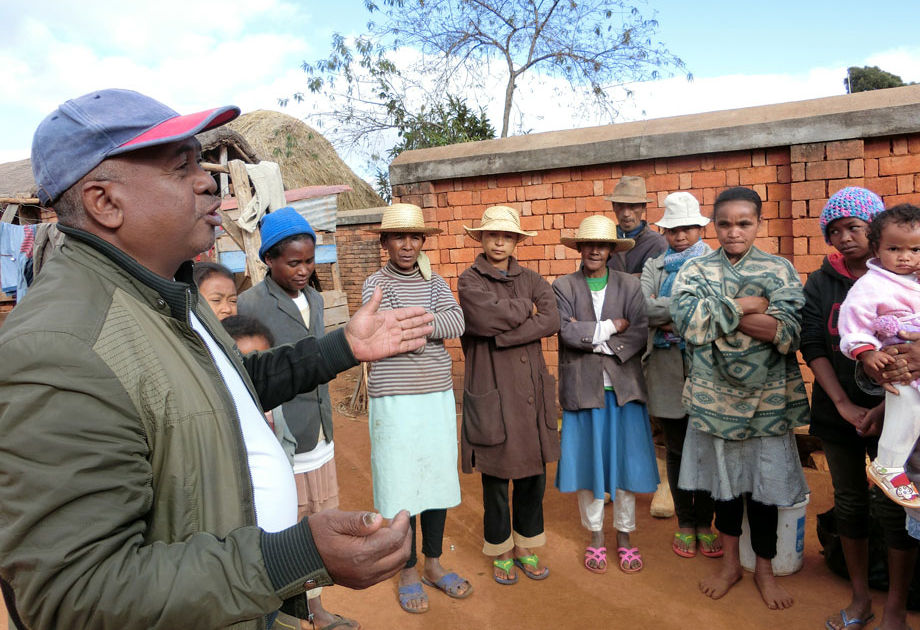
Madagascar’s Food and Nutrition Standards: Applying Lessons from Postwar Japan to Improve People’s Lives
In Madagascar, efforts to improve nutrition standards are actively being made by the residents themselves based on the seikatsu kaizen activities of postwar Japan. Why did these practices take root and how have they changed the way people live and think?
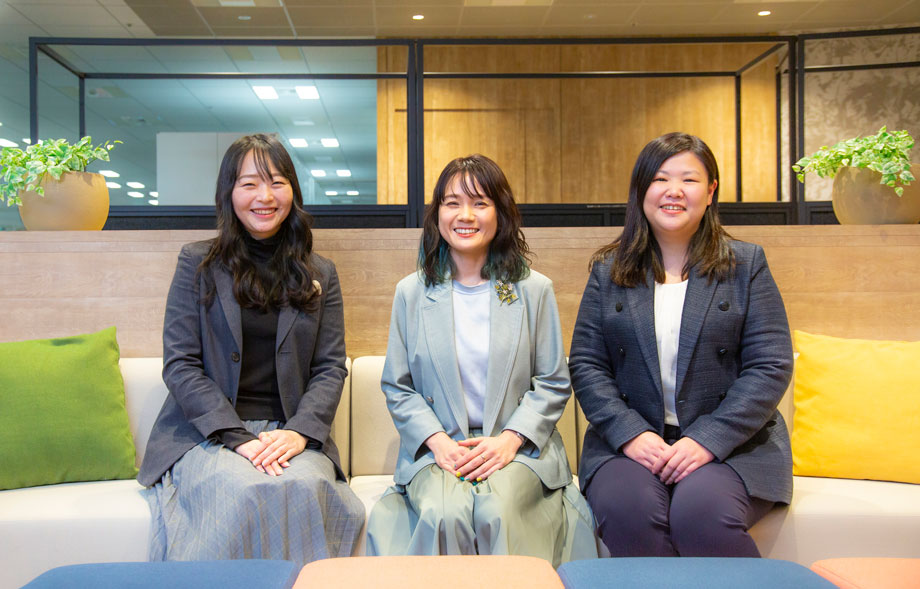
Celebrating International Women’s Day: Planning Cities of the Future in Developing Countries
March 8 is International Women’s Day, designated by the United Nations. Three women active on the frontlines of urban development as JICA staff and at a consultancy discuss the nature and rewards of their work.
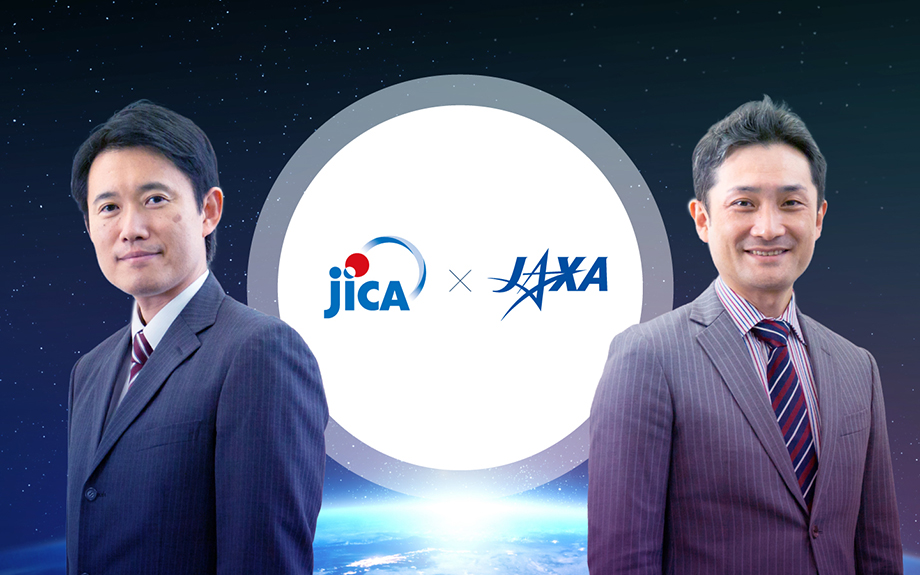
JICA and JAXA: Co-Creation Expands the Possibilities of “Space Technology’s Contribution to Development Cooperation”
April 2024 marks the 10th anniversary of a partnership agreement signed by JICA and JAXA (Japan Aerospace Exploration Agency). JAXA’s Nakamura Takehiro and JICA’s Takatoi Shunsuke discuss what this partnership has yielded in development cooperation and space technology, and what they see for the future.
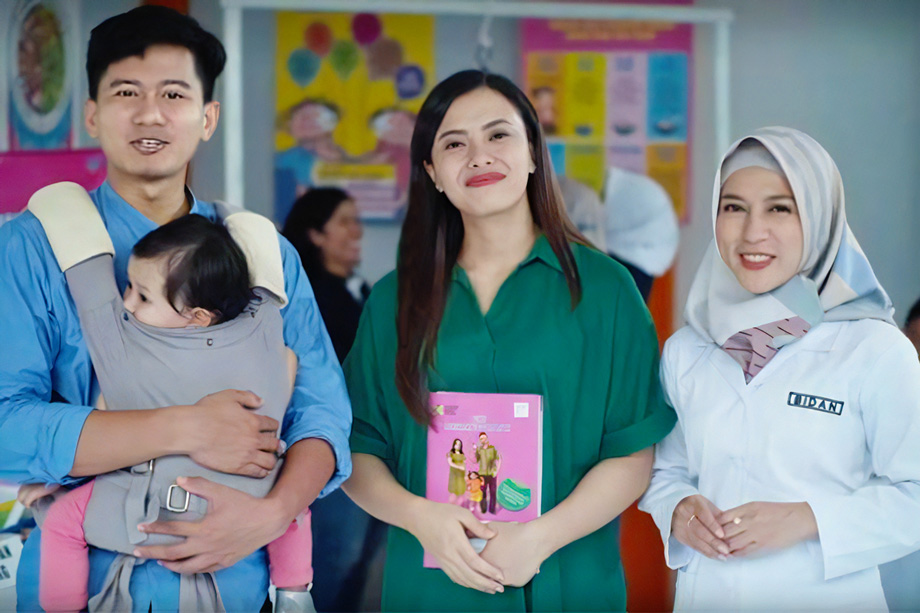
Japan’s Maternal and Child Health Handbooks: Making Waves from Indonesia to the World
In 1993, Indonesia became one of the first countries receiving support from JICA to introduce the Maternal and Child Health Handbook. Other countries are now learning from Indonesia’s experience in order to improve their own MCH systems.
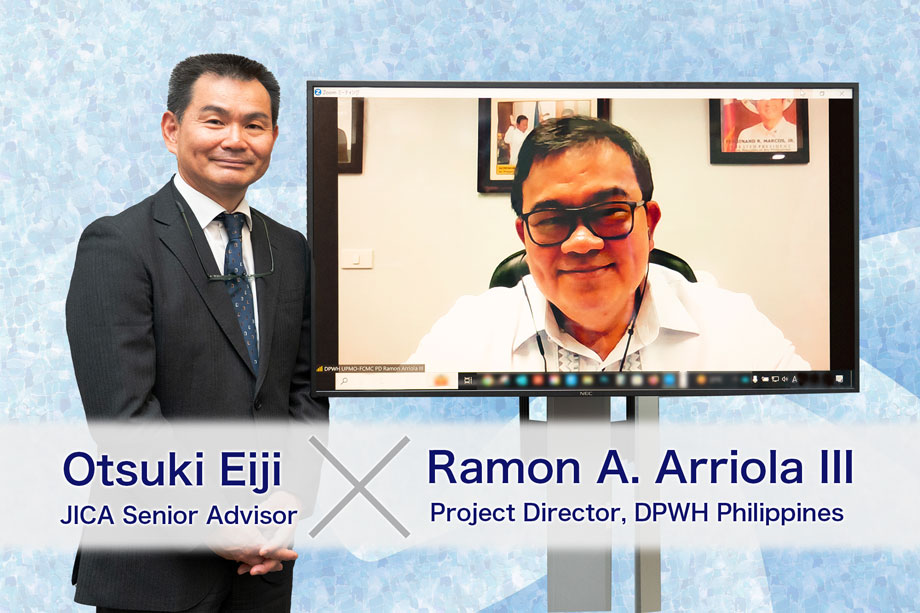
Preventing Disasters: the Philippines’ and Japan’s Collaborative Approach
Both Japan and the Philippines are disaster-prone nations. JICA has worked with the Philippines to address flood risk management for 50 years.
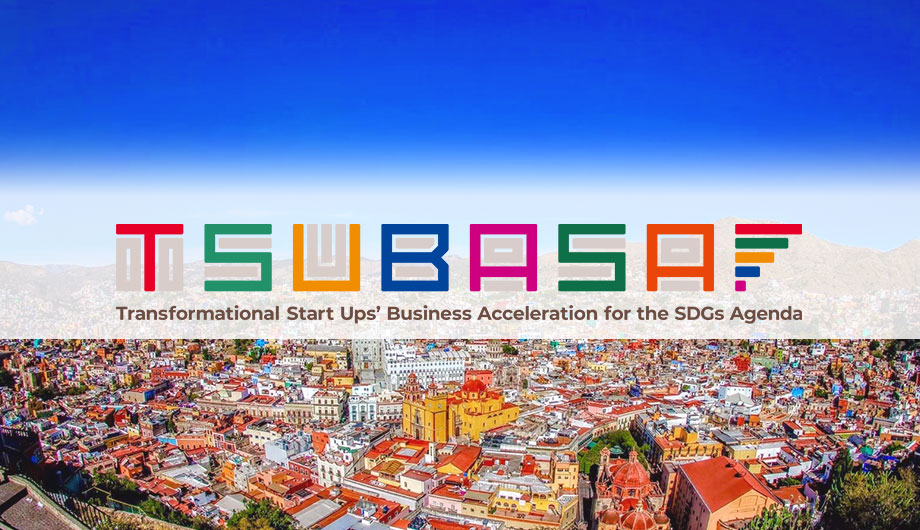
Latin America and the Caribbean: JICA Working with Startups to Address Social Challenges
Home to approximately 650 million people, the Latin America and Caribbean region is one of the world’s biggest food producing areas and has experienced rapid economic growth in recent years. At the same time, it confronts a number of major challenges, including deforestation, social inequality, and high rates of crime.
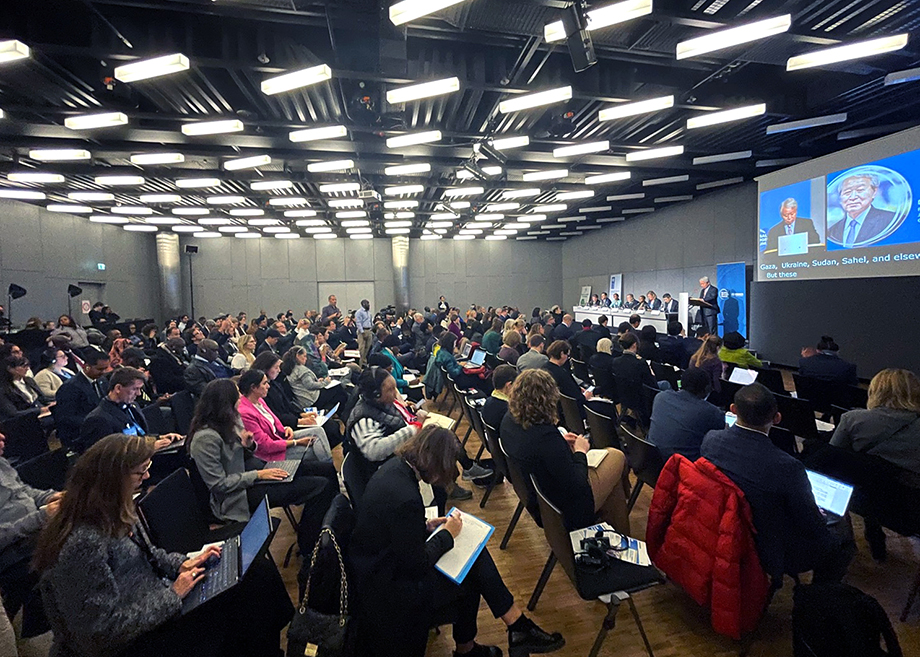
Protracted and Complex Refugee Challenges: The Roles of Development Agencies
The term “refugee” has been showing up more frequently in the news, due to the increasing number of humanitarian crises, notably the Israeli-Palestinian conflict and the tragedy unfolding in Ukraine. There has been an increase in the number of refugees as a result of these protracted conflicts and political instability, and factors such as climate change are making the crisis even more complex and severe. At the second Global Refugee Forum (GRF) held in December 2023, JICA President Tanaka Akihiko called for the further expansion of cooperation among humanitarian assistance, development cooperation, and peace efforts. This article will consider these increasingly protracted and complex refugee challenges and future directions for cooperation.
![[TICAD at 30] Co-creating Africa’s future: Interview with UNDP Assistant Administrator and Regional Director for Africa Ms. Ahunna Eziakonwa](/english/information/topics/2023/__icsFiles/afieldfile/2024/01/16/photo_01_3.jpg)
[TICAD at 30] Co-creating Africa’s future: Interview with UNDP Assistant Administrator and Regional Director for Africa Ms. Ahunna Eziakonwa
Through TICAD, Japan has been cooperating with various organizations to boost development in Africa. Particularly, the United Nations Development Programme (UNDP) has supported the TICAD process for many years. JICA interviewed Ms. Ahunna Eziakonwa, UNDP Assistant Administrator and Regional Director for Africa, about the current challenges facing Africa, the efforts made so far through the TICAD process, and her vision for Africa's future.




scroll